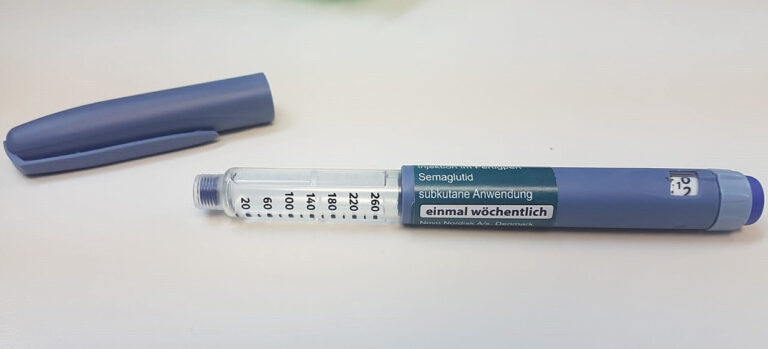HEOR is a scientific discipline within the life sciences industry that systematically evaluates the real-world value of pharmaceutical products, medical devices, and other healthcare interventions. It goes beyond the controlled environment of clinical trials (which primarily demonstrate efficacy and safety) to establish a product’s true impact on patients and the healthcare system.
HEOR integrates two main research areas to create a comprehensive value story:
- Health Economics: Focuses on the efficient allocation of limited healthcare resources. Key analyses include:
- Cost-Effectiveness Analysis (CEA): Compares the costs and clinical benefits of an intervention versus a comparator (e.g., cost per QALY or Quality-Adjusted Life Year).
- Budget Impact Analysis (BIA): Predicts the financial consequence of adopting a new intervention on a payer’s budget.
- Outcomes Research: Assesses the effects of interventions in the everyday clinical setting, using Real-World Evidence (RWE). Key data sources include :
- medical claims, electronic health records, and
- Patient-Reported Outcomes (PROs): Measures the impact on the patient’s perspective, such as quality of life, functional status, and treatment satisfaction.
For life science professionals, HEOR is essential for Market Access and commercial success. Its evidence is used to :
- Justify Pricing and Reimbursement: Provide data to Payers (insurance companies, government agencies) and Health Technology Assessment (HTA) bodies to demonstrate that the new therapy is a worthwhile economic investment.
- Inform Clinical Guidelines: Show healthcare providers which treatments offer the optimal balance of clinical benefit and cost.
- Guide Product Development: Incorporate economic and quality-of-life considerations early in the R&D process.


